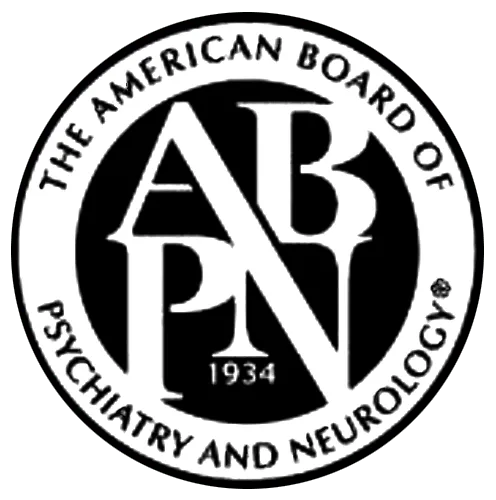At Atlanta Behavioral Medicine everyone matters.
Our outpatient clinic in Atlanta, Georgia, is proud to have a positive impact on its community. We empower families to shape a cheerful future for their young ones and foster a supportive environment for elders.
Our capabilities are powerful reasons to trust the services you need to thrive.
Counseling & Treatments
Electroconvulsive Therapy (ECT)
Electroconvulsive therapy, or ECT, is an underutilized procedure, which is extremely effective for quickly reversing symptoms of certain mental health conditions. During the procedure, small electric currents are passed through the brain and cause changes in brain chemistry.
ECT is nothing like what is shown in movies or TV. The procedure is done under general anesthesia while the patient is asleep, and will take no longer than 10 minutes. The electric currents are administered under a controlled setting to balance the greatest possible benefit with fewer risks.
There are many conditions which can be treated with ECT:
Severe depression, especially when paired with detachment from reality, suicidality, or refusal to eat Depression that is resistant to treatment with medications or other therapies Severe mania, which is a state of intense euphoria, agitation, or overactivity. This usually occurs in bipolar disorder.
Other signs of mania include impaired decision making, impulsive or risky behavior, substance abuse, or psychosis Catatonia, which is a lack of movement, fast or strange movements, or lack of speech. This can happen in schizophrenia and other mental health disorders. Agitation or aggression occurring in people with dementia. This can be difficult to treat with other therapies and negatively affect quality of life.
ECT is a good treatment option when other medications or therapy are not working. Patients who may be more likely to consider ECT include:
Pregnant women, who are unable to take oral medications which may harm the developing fetus Geriatric patients, or the elder, who cannot tolerate too many medications or their side effects Patients who prefer not to take medications Patients who have successfully used ECT in the past
At Atlanta Behavioral Medicine, we have been fully trained in Electroconvulsive Therapy and can provide this to patients in the hospital or in the clinic. If you think ECT could help you or your loved ones, request an appointment today.
Addiction Medicine
For individuals suffering from opiate dependence, Atlanta Behavior Medicine offers a Suboxone maintenance program.
Some of the signs of dependence include:
Needing increased doses to maintain effectiveness
Withdrawal symptoms such as nausea and sweating when attempting to quit
Missing work or working less
Finding ways to increase your dose outside of the prescription
For individuals suffering from addiction or dependence, we offer a suboxone maintenance program.
Suboxone (also known as Buprenorphine/Naloxone, Subutex, Bunavail and Zubsolv) is a prescription medication that can be used to treat opiate dependence. Our Suboxone Program has been set up to promote the healthiest possible recovery.
Our treatments are individualized for maximum effect. While in the program, patients remain under the supervision of one of our board certified psychiatrists which increases chances of complete recovery. We work to maintain this recovery and address emotional, physical and mental well-being to get optimal results.
Some facts on Suboxone and opioid use:
Links & Resources
Mental Health Links
The following links are listed to provide you with additional online mental health care information and counseling resources.


